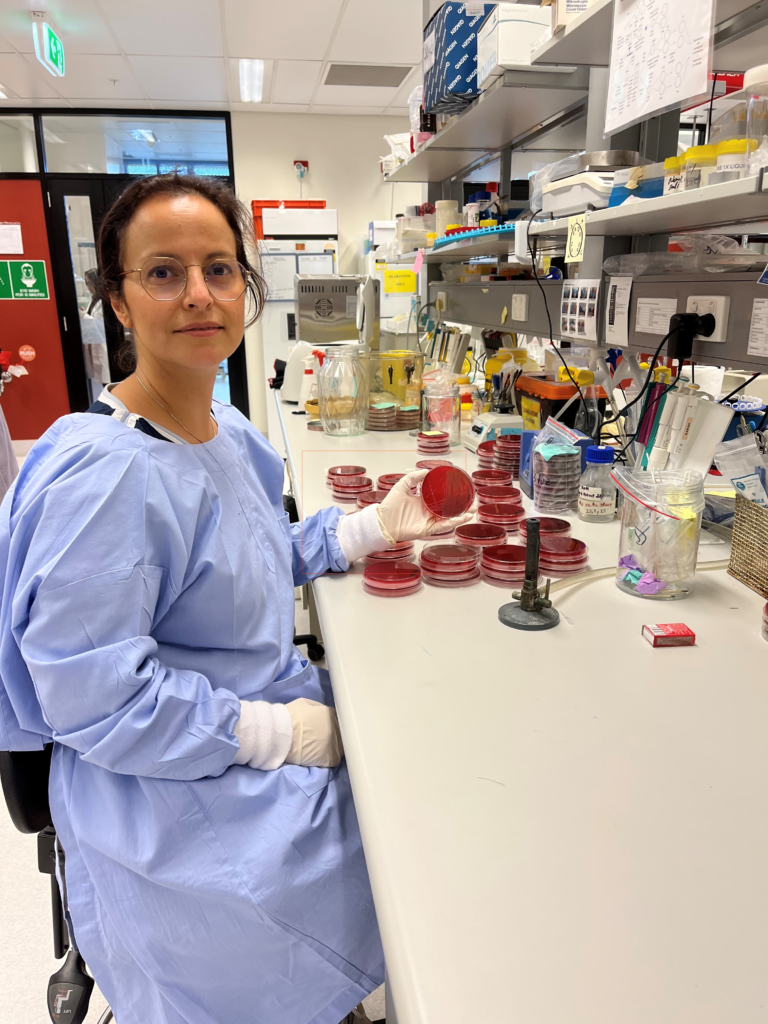Dr Lida Omaleki is from the northern, rainy part of Iran where agriculture is the key driver of the local economy and the bedrock of countless family incomes.
“My father was a farmer and landlord, and we ran a traditional dairy farm along with sheep and goats and other animals, as well as farming rice, cotton, barely, wheat, and more,” Lida reflected.
“Animals were my greatest love from an incredibly early age and from the beginning – as far back as I can remember – I had always wanted to be a vet.
“My Dad wasn’t too keen on that idea and thought I should focus on doing a job that was more suitable for a woman – in his opinion anyway.

“I remember once we had goats with mastitis and he had me join him when the vet came to check them and he said, ‘Lida, look at this – do you really want to do this for the rest of your life?’ and I still said yes straight way.”
True to her word, Lida went on to study at the University of Tehran – and her experience with mastitis in animals would pave the way for her future career.
“I had a soft spot for dairy cattle and gained my Doctorate with a focus on research into mastitis and pregnancy testing in dairy cattle,” she said
“When I graduated, I did work in quality assurance with a company that was making livestock premix while pursuing my passion in dairy herd health management and especially nutrition and mastitis.
“Dairy cattle farming in Iran is intensive and not pasture-based. It is highly dependent on a total mixed ration with a high level of grain to support the high level of milk production while keeping the health and reproduction rate at a high level.”








